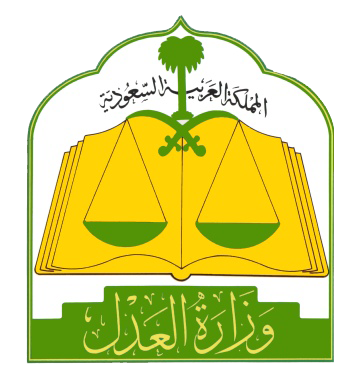*Best viewed in full-screen mode.
In Mapping the Saudi State, Chapter 8: The Ministry of Justice, ADHRB reviews Saudi Arabia’s judiciary. Focusing on the judiciary’s interaction with the criminal justice system, ADHRB finds that Saudi judges, under the watch of the MoJ, lack the independence to adjudicate cases absent monarchical influence; in politically-sensitive cases, they routinely violate due process rights.
Chapter 8 begins by tracing the origin and development of the court system, noting the historical absence of a fully-systematized penal code in Saudi Arabia – even today. In this context, it goes on to study the judiciary’s regular infringement on the right to an open and public trial, its obstruction of a competent legal defense, its abuse of discretionary sentencing powers, its admittance of coerced confessions, and its institutional discrimination against women. The chapter concludes with a list of recommendations for the Kingdom of Saudi Arabia and the international community that would simultaneously safeguard the judiciary from political pressure and restrict its broad authority to interpret the kingdom’s mostly unwritten penal code.
For citations and in-depth information, click here for the full chapter.
Click here to view previous chapters in the series.





